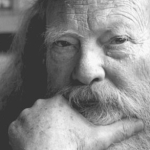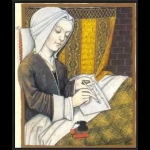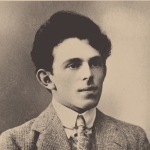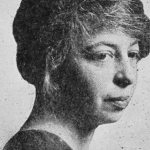The northern lights.I wouldn’t have noticed them
if the deer hadn’t told me
a doeher coat of pearlsher glowing hoofs
proud and inquisitive
eager for my appraisal
and I went out into the night with electrical steps
but with my head held also proud
to share the animal’s fear
and see what I had seen before
a sky flaring and spectral
greenish waves and ribbons
and the snowunder strange lighttossing in the pasture
like a storming ocean caught
by a flaring beacon.
The deer stands away from menot far
there among bare black apple trees
a presence I no longer see.
We are proud to be afraid
proud to share
the silent magnetic storm that destroys the stars
and flickers around our heads
like the saints’ cold spiritual agonies
of old.
I rememberbut without the senseother light-storms
cold memories discursive and philosophical
in my mind’s burden
and the deer remembers nothing.
We move our feetcrunching bitter snowwhile the storm
crashes like god-wars down the east
we shake the sparks from our eyes
we quiver inside our shocked fur
we search for each other
in the apple thicket—
a glimpse, an acknowledgment
it is enough and never enough—
we toss our headsand say good night
moving away on bitter bitter snow.




















Comment form: